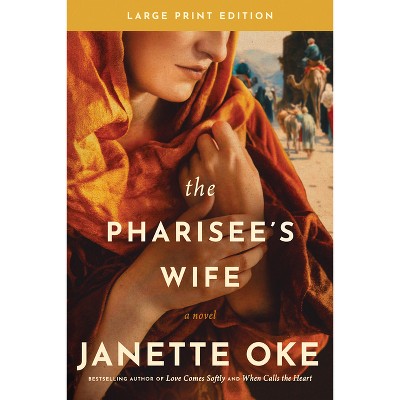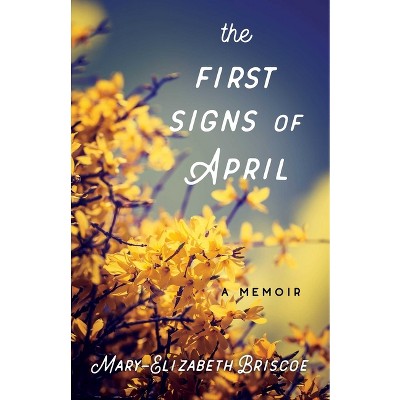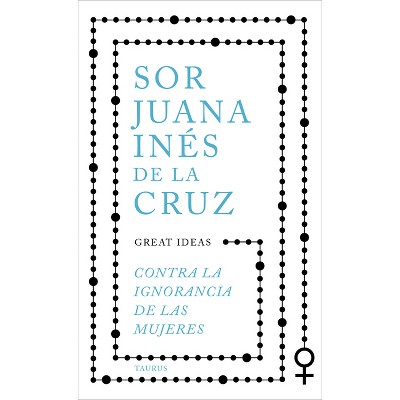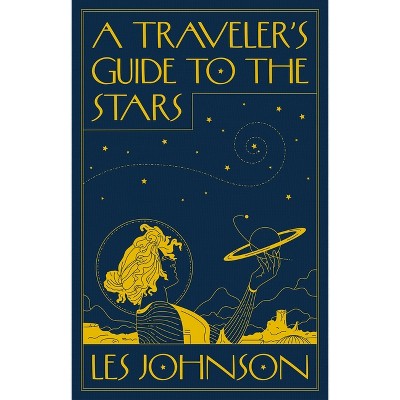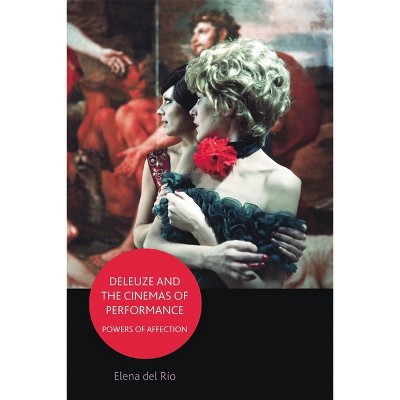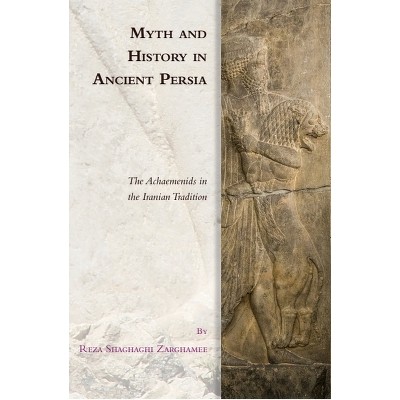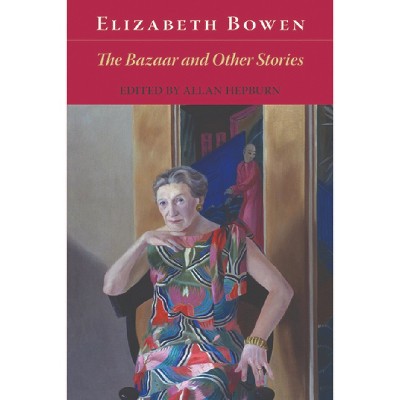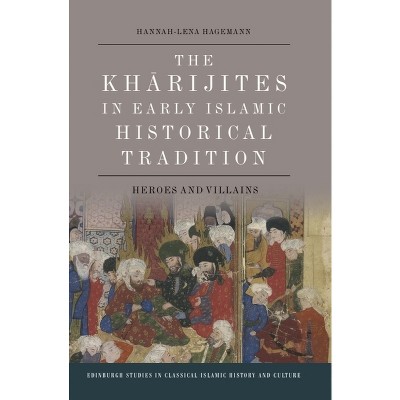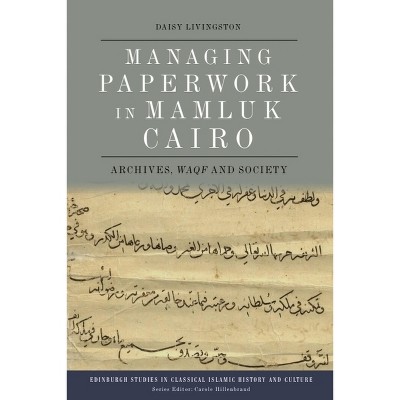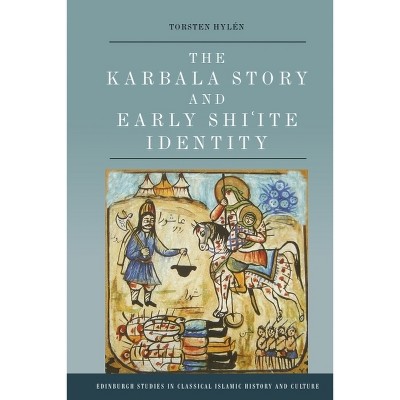Sponsored

Believing Ancient Women - (Intersectionality in Classical Antiquity) by Megan Elena Bowen & Mary Hamil Gilbert & Edith Gwendolyn Nally (Hardcover)
In Stock
Sponsored
About this item
Highlights
- This volume deploys recent feminist epistemological frameworks to analyze how concepts like knowledge, authority, rationality, objectivity and testimony were constructed in Greece and Rome.
- About the Author: Megan Elena Bowen received a PhD in Classics from the University of Virginia in 2018.
- 344 Pages
- History, Women
- Series Name: Intersectionality in Classical Antiquity
Description
About the Book
Deploys recent philosophical scholarship on feminist epistemology as an interpretive lens
Book Synopsis
This volume deploys recent feminist epistemological frameworks to analyze how concepts like knowledge, authority, rationality, objectivity and testimony were constructed in Greece and Rome. The introduction serves as a field guide to feminist epistemological interpretations of classical sources, and the following sixteen chapters treat a variety of genres and time periods, from Greek poetry, tragedy, philosophy, oratory, historiography and material culture to Roman comedy, epic, oratory, letters, law and their reception. By using an intersectional approach to demonstrate how epistemic systems exclude and pathologize the experiences of ancient women and other oppressed groups, these contributions aid in the recovery of non-dominant narratives and reveal issues of sex, gender, race, ethnicity, sexual identity, religion, age, class, familial status and citizenship in the ancient and modern world. The volume contributes to a more inclusive and equitable study of classical antiquity and builds transhistorical connections capable of exposing similar injustices in our own time.
Review Quotes
[Believing Ancient Women] serves as a useful primer for feminist epistemologies, its key architects, related concepts, and where they overlap with and diverge from other systems of knowledge. It educates readers on the usefulness of feminist epistemology for excavating texts and objects to reveal the gendered perspectives and knowledge within. This book is informative and full of insights that illuminate the significance of gender in ancient ways of knowing.--Arum Park, University of Arizona "The Classical Review"
The editors and authors have produced an intellectual feast for readers with a lively and thought-provoking volume that is as wide-ranging in its topics as it is in the scholars contributing. From early career scholars to the most-seasoned veterans of the field, this volume shows the continued importance and power of feminist approaches to classical antiquity.
--Rebecca Futo Kennedy, Denison UniversityThis volume, with its strong focus on feminist epistemology together with its wide range of methodologies and classical material, makes a powerful intervention in the elucidation of ancient philosophy and literature, while acting as a showcase for how exploration of the ancient world can contribute to contemporary debates.
--Alison Sharrock, University of ManchesterAbout the Author
Megan Elena Bowen received a PhD in Classics from the University of Virginia in 2018. She specialises in Roman literature and culture and has published on prayer and sexual violence in Ovid's Metamorphoses (Classical Journal, 2020). She is especially interested in issues related to gender and power in ancient texts and their reception.
Mary Hamil Gilbert is an Assistant Professor of Classics at Mississippi State University. Her research focuses on Greek and Roman drama, classical reception in early modern France, and women and gender studies. She has published articles and chapters on Aeschylus, Euripides, Seneca, and early modern French tragedien Jean Racine's reception of Greek and Roman drama including 'Engaging Ancient Tragedy: Troy Falls Again in Jean Racine's Andromaque' (Classical Receptions Journal, 2018), 'Je sentis tout mon corps et transir et brûler' Sublimating Ancient Sexuality in Jean Racine's Phèdre et Hippolyte in The Routledge Companion to the Reception of Ancient Greek and Roman Gender (2022), and 'Policing Women's Anger in the Roman Tragedy Octavia' (forthcoming). She has also translated Anyte of Tegea's animal epigrams into English (Ancient Exchanges, 2020).
Edith Gwendolyn Nally is an Assistant Professor of Philosophy and an Associate Faculty member in the Classics Program and the Race, Ethnic, and Gender Studies Department at the University of Missouri, Kansas City. She specialises in Ancient Greek Philosophy, Epistemology, and Feminist Philosophy and is the author of several articles and chapters on Plato's erotic philosophising, including 'A Case for Platonic Love' in The Philosophy of Love and Sex (Oxford University Press, Forthcoming), 'Philosophy's Workmate: Erōs and the erōtica in Plato's Symposium' (Aperion, De Gruyter Press, 2021), and 'The Telos Problem in Plato's Symposium' in Wisdom, Love and Friendship in Ancient Philosophy (De Gruyter Press, 2021).
Shipping details
Return details
Frequently bought together
Trending Non-Fiction





